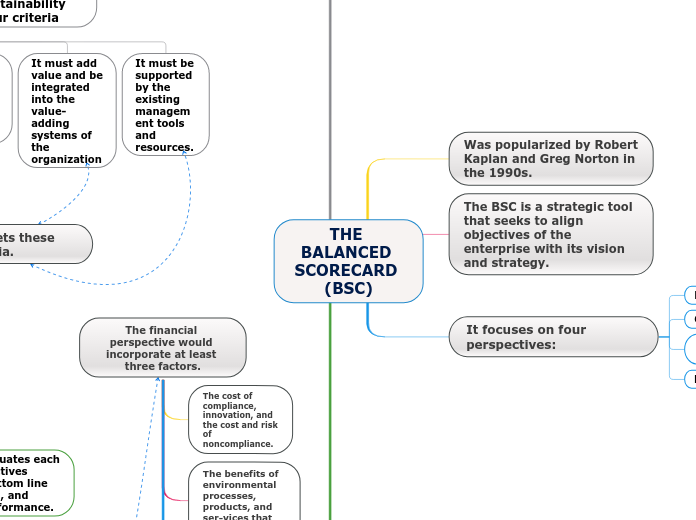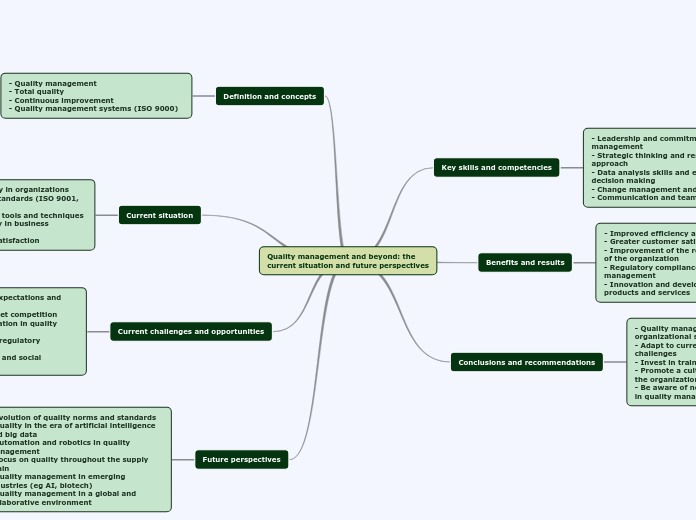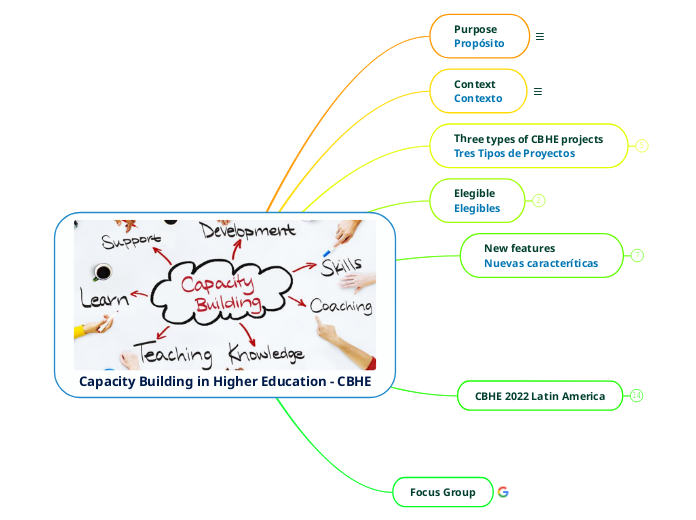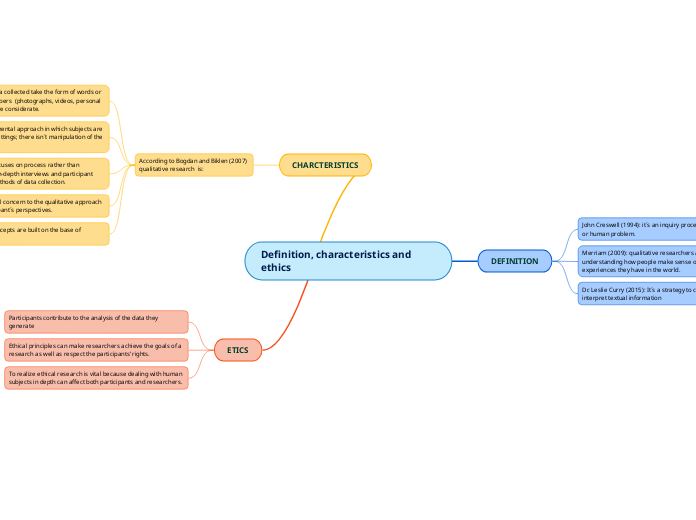по Eduardo chala toledo 2 лет назад
425
THE BALANCED SCORECARD (BSC)
El Cuadro de Mando Integral (BSC) es una herramienta estratégica que se enfoca en cuatro perspectivas: clientes, procesos internos, aprendizaje y crecimiento, y finanzas. Su propósito es alinear los objetivos de una empresa con su visión y estrategia.








